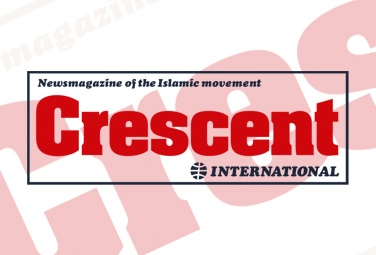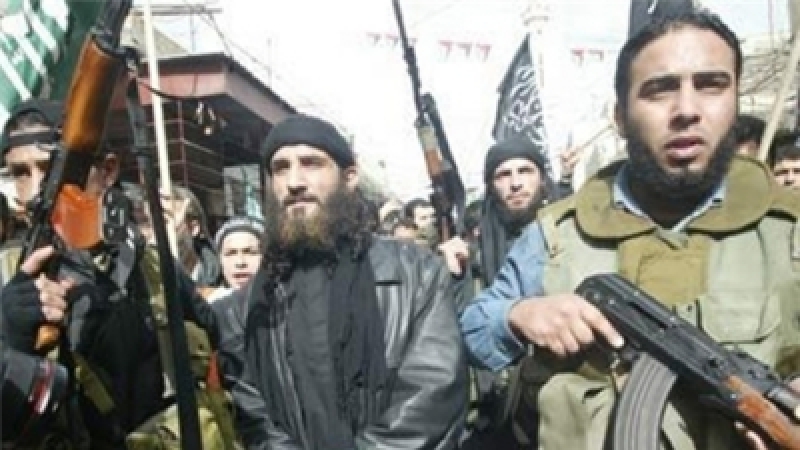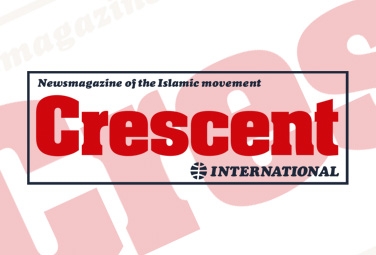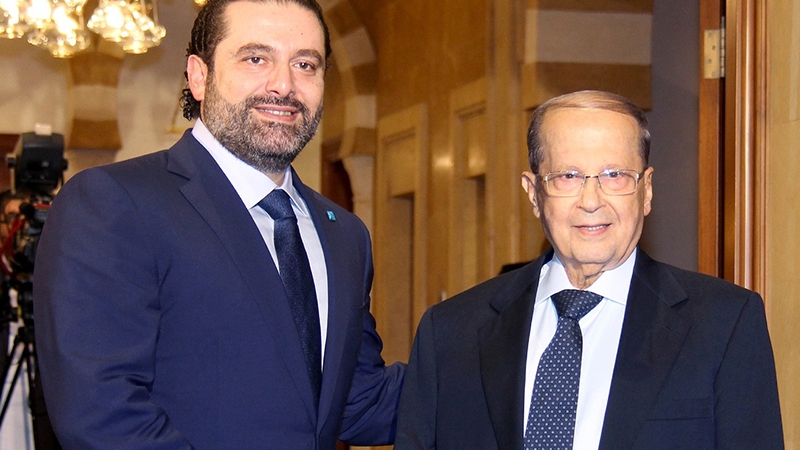Lebanese government collapses after Hizbullah members resign
Developing Just LeadershipCrescent International
Safar 07, 1432 2011-01-12
Daily News Analysis

The Lebanese government collpased on January 12 following the resignation of 10 Hizbullah cabinet ministers. Another minister, Adnan Sayed Hussein, an ally of Hizbullah, resigned a few hours later bringing the total to 11 ministers quitting the 30-member cabinet.
Beirut,
January 12, 2011 - 1700 EST
The Lebanese government collpased on January 12 following the resignation of 10 Hizbullah cabinet ministers. Another minister, Adnan Sayed Hussein, an ally of Hizbullah, resigned a few hours later bringing the total to 11 ministers quitting the 30-member cabinet. In an ironic twist, Lebanese Prime Minister Saad Hariri was meeting US President Barack Obama in Washington when the resignations were announced. Hariri is backed by the US and Saudi Arabia.
The crisis has been brewing in Lebanon for several months over Hariri's indecision to take a clear stand over the issue of a United National tribunal that is virtually run by the US and Israel. Called the Special Lebanon Tribunal (STL), it is ostensibly charged with investigating the assassination of former Prime Minister Rafik Hariri in February 2005. The senior Hariri was father of the just-ousted Prime Minister Saad Hariri.
Hizbullah had demanded for months that the cabinet convene an emergency meeting to deal with the rising threats emanating from the STL. American officials have been blodly predicting that Hizbullah would be indicted by the tribunal and th Lebanese government would have no choice but to hand them over for trial and prosecution at the International Criminal Court in the Hague.
Former US ambassador to Lebanon, Jeffrey Feltman, has been making bold pronouncements that the tribunal will find Hizbullah responsible. He went so far as to assert that the Lebanese government had no say in the tribunal findings; "Lebanon only happens to be the scene of the crime."
Hariri was counting on US and Saudi support to bail him out but Hizbullah finally carried through its threat when Hariri prevaricated and did not call a cabinet meeting to discuss the issue. One wonders what the cabinet's function is if it is unable or unwilling to deal with such issues.
Hizbullah on its part has denounced the tribunal as an "Israeli project" aimed at weakening the organization with the ultimate intention of destroying it. There have also been recent reports that Israel is again planning to launch an attack against Lebanon. Immediately after Hariri's assassination, accusing fingers were pointed at Syria and it was ultimately pressured to withdraw its peacekeeping forces from the country. Once this US-zionist objective was achieved, Hizbullah became the next target. It is well-known that the US and its zionist ally have been the principal beneficiaries of Hariri's assassination. Hizbullah had nothing to gain from this dastardly crime.
Hizbullah is the most powerful force in the country and if it wants, the organization can take power by force but it has resisted such moves, preferring to play by the unfair constitution that divides Lebanon along sectarian and confessional lines. Even its adversaries are forced to seek Hizbullah's support. Hizbullah ally Michel Aoun, a powerful former army chief, said that talks between Saudi Arabia and Syria to ease political tensions in Lebanon collapsed on January 11. “The initiative has ended with no result,” he said.
Saudi Arabia backs Hariri while Syria is sympathetic to Hizbullah.
The collapse of the fragile government is the worst crisis in Lebanon since 2008, when an agreement reached in Qatar achieved a truce to end sectarian clashes that killed 81 people and brought Lebanon to the brink of a new civil war. Lebanese commentators have also pointed to the speed with which Hizbullah fighters were able to vanquish its foes in street battles Beirut in May 2008 warning that the March 14 coalition led by Hariri would face a similar fate this time.
“Who are your allies these days?” Sateh Noureddine, a columnist with As-Safir newspaper, asked of Hariri’s camp. “You are going to get beaten on the streets and you will not be able to respond.” Al-Akhbar, a leading opposition newspaper, underlined the precarious political situation with an editorial headlined, “The beginning of the unknown.”
A period of uncertainty is expected in Lebanon with the US and Saudi Arabia trying to shore up their crumbling and unpopular allies led by Saad Hariri. Lebanon will only see peace when the rights of the majority led by Hizbullah and its charismatic leader, Sayyed Hassan Nasrallah are realized and he takes the reins of power in the country.
END




